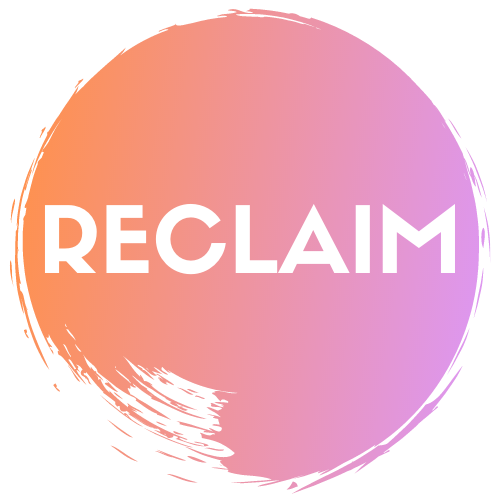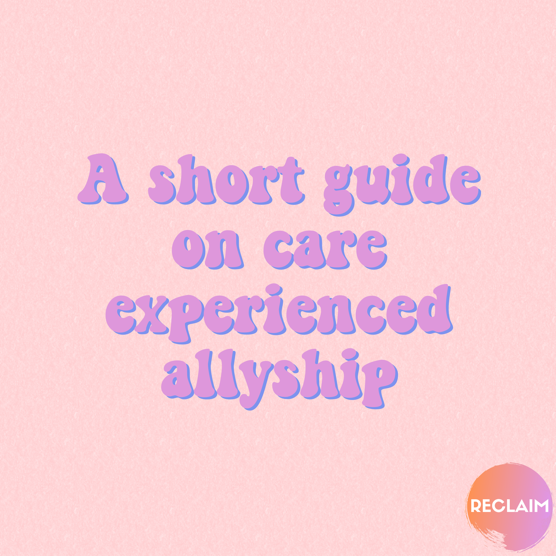
Hello! It's @ReclaimCare here again.
The Independent Care Review for England aims to give an independent insight into the children’s social care system within England and bring about the change it desperately needs. 👇
The Independent Care Review for England aims to give an independent insight into the children’s social care system within England and bring about the change it desperately needs. 👇
As a community collective, one of our core concerns is whether the review will provide #TraumaInformed support & care to those who engage with the review itself, during & after - and how we foster community connections and support. @ReclaimCare
We also wish to highlight and share some of the concerns other care experienced people and allies have illustrated about the review
https://twitter.com/radishgrrl/status/1361351059390795782?s=20
• • •
Missing some Tweet in this thread? You can try to
force a refresh








